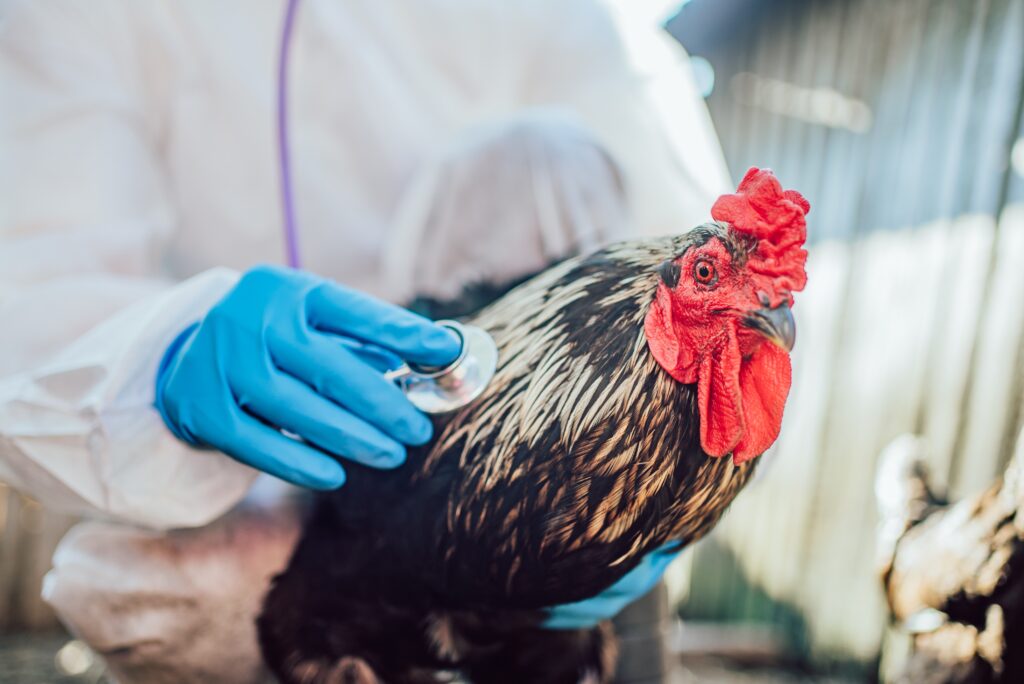A human case of avian influenza has been confirmed in the United Kingdom, marking a rare instance of transmission from birds to humans. Health authorities assure that the risk to the general public is minimal, as the infection resulted from highly specific circumstances.
Infection Linked to Direct Contact with Infected Birds
The patient was infected with the DI.2 genotype of bird flu, a strain currently circulating among birds in the UK. This strain is different from the one that caused concern in the United States last year. According to the UK Health Security Agency (UKHSA), the individual contracted the virus after prolonged close contact with a large number of infected birds on a farm in the West Midlands.
Officials confirmed that the patient did not spread the virus to others. “While avian influenza is highly contagious among birds, human transmission is extremely rare and specific to unusual circumstances,” said Christine Middlemiss, the UK’s chief veterinary officer.
Global Concerns Over Bird Flu
The rise in bird flu cases among wild birds worldwide has sparked concerns about the virus’s potential to jump to humans and mutate to allow human-to-human transmission. Andrew Preston, a pathogen researcher at the University of Bath, described this possibility as “one of the most feared infectious disease threats we face.”
In the United States, a bird flu outbreak has resulted in 67 human cases and one death, though no person-to-person transmission has been reported. For the virus to spread between humans, it would need to undergo significant genetic mutations, which have not been observed in either the UK or the US.
Despite the low risk, the UK government is taking precautions. Last month, it announced the stockpiling of five million bird flu vaccines for humans in case of a future pandemic. Additionally, it has extended biosecurity measures for bird keepers across England to prevent further outbreaks.
Experts Emphasize Preparedness and Surveillance
Health experts stress the importance of vigilance and proactive monitoring. Jonathan Ball, a professor of molecular virology at the Liverpool School of Tropical Medicine, noted that while human cases are rare, the virus’s ability to evolve remains a concern.
“There is always the risk that the virus can adapt to spread more effectively among humans,” Ball said. “This makes it crucial to monitor wildfowl and poultry populations and to isolate human cases to prevent transmission.”
The UKHSA and veterinary authorities continue to closely monitor the situation. While bird flu poses a serious global health threat, experts emphasize that isolated human infections, such as this case, are rare and manageable with swift intervention.
